Progressive rock says goodbye to a key figure for the genre: Peter Sinfield
Goodbye Peter Sinfield , rest in peace. A key figure for the world progressive rock genre is leaving us, from its first steps to the present day.
The most curious thing of all is that Sinfield was not actually a musician as such in our minds. Although it is true that he knew how to play guitar and other instruments, he was a renowned producer , lyricist and creator of ideas for other bands, being key to the first stage of King Crimson and later for other important bands such as ELP (Emerson, Lake & Palmer). and PFM (Premiata Forneria Marconi).
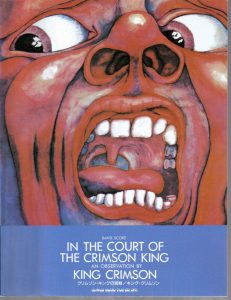
Best Sheet Music download from our Library.
Who was Peter Sinfield?
The artist, poet and singer-songwriter, who used to sign himself simply as ‘Pete’, has passed away at the age of 80 after a legendary career in good music. At the end of the 1960s he helped found King Crimson, being marked by art rock and high-level music.
Peter John Sinfield (27 December 1943 – 14 November 2024) was an English poet and songwriter. He was best known as a co-founder and lyricist of King Crimson. Their debut album In the Court of the Crimson King was considered one of the first and most influential progressive rock albums ever released.
Sinfield’s lyrics are known for their surreal imagery, often involving common fantasy concepts, nature, or the sea. They often also deal with emotional concepts and, sometimes, storyline concepts. Later in his career, he adapted his songwriting to better suit pop music, and wrote a number of successful songs for artists such as Celine Dion, Cher, Cliff Richard, Leo Sayer, Five Star, and Bucks Fizz.
In 2005, Sinfield was referred to as a “prog rock hero” in Q magazine for his lyrical work and influence in the music industry.
Although over the years he had to earn money by composing lyrics for all types of genres, such as writing for the renowned pop artist Céline Dion.
Before, he was key in the first King Crimson, a group that has now remembered him in his farewell: “He was an original roadie, lyricist, lighting operator and live sound engineer.”

Please, subscribe to our Library.
If you are already a subscriber, please, check our NEW SCORES’ page every month for new sheet music. THANK YOU!
Pete Sinfield “Seagoat” on The Old Grey Whistle Test 1973
In her itinerant, bohemian youth, she spent time in Spain and Morocco, later working with Robert Fripp at King Crimson over the years.
It all started with a previous collaboration with Ian McDonald, a musician who worked with the band Giles, Giles & Fripp, the seed of the later Crimson. Sinfield signed as co-producer and lyricist of the group’s first 4 albums, the legendary ‘In the Court of the Crimson King’, ‘In the Wake of Poseidon’, ‘Lizard’ and ‘Islands’, between 1969 and 1971, hence the key importance for the progressive genre.
His most remembered lyrics will undoubtedly be those of ’21st Century Schizoid Man’ against the Vietnam War, as well as the melancholic ‘Epitaph’: “Confusion will be my epitaph, as I wander along a broken and devastated road…”.
After King Crimson
After leaving Crimson, at the request of Fripp, a well-known ‘contract breaker’ to burn through stages and start from scratch, he signed for Roxy Music, being on his debut album. He then recorded his only solo album, ‘Still’, with a band that included Greg Lake , formerly of King Crimson.
In fact, that friendship and close relationship with Lake led him to work with Emerson, Lake & Palmer on ‘Brain Salad Surgery’ (1973) and especially with Lake alone, being the lyricist of the popular song ‘I Believe in Father Christmas’ , which was an international hit for years.
In 1973 he went on to help another progressive band, the Italian Premiata Forneria Marconi (PFM) , producing their albums ‘Photos of Ghosts’ and The World Became the World’.
Beyond the progressive universe, he has collaborated with Gary Brooker of Procol Harum, Abba, Cher, Five Star … But without a doubt his greatest commercial success was the lyrics of the song ‘Think Twice’ by Céline Dion, from 1994.

Pete Sinfield “House of Hopes and Dreams” on Old Grey Whistle Test 1973
Pete Sinfield singing “House of Hopes and Dreams” from his album “Still” on the Old Grey Whistle Test in 1973.
What is the Progressive rock?
Progressive rock (shortened as prog rock or simply prog) is a broad genre of rock music that primarily developed in the United Kingdom through the mid- to late 1960s, peaking in the early-to-mid 1970s. Initially termed “progressive pop”, the style was an emergence of psychedelic bands who abandoned standard pop traditions in favour of instrumentation and compositional techniques more frequently associated with jazz, folk, or classical music. Additional elements contributed to its “progressive” label: lyrics were more poetic, technology was harnessed for new sounds, music approached the condition of “art”, and the studio, rather than the stage, became the focus of musical activity, which often involved creating music for listening rather than dancing.
Progressive rock is based on fusions of styles, approaches and genres, involving a continuous move between formalism and eclecticism. Due to its historical reception, the scope of progressive rock is sometimes limited to a stereotype of long solos, long albums, fantasy lyrics, grandiose stage sets and costumes, and an obsessive dedication to technical skill. While the genre is often cited for its merging of high culture and low culture, few artists incorporated literal classical themes in their work to any great degree, and only a handful of groups, such as Emerson, Lake & Palmer and Renaissance, purposely emulated or referenced classical music.
The genre coincided with the mid-1960s economic boom that allowed record labels to allocate more creative control to their artists, as well as the new journalistic division between “pop” and “rock” that lent generic significance to both terms. It saw a high level of popularity in the early-to-mid-1970s, but faded soon after. Conventional wisdom holds that the rise of punk rock caused this, but several more factors contributed to the decline.
Music critics, who often labelled the concepts as “pretentious” and the sounds as “pompous” and “overblown”, tended to be hostile towards the genre or to completely ignore it.
After the late 1970s, progressive rock fragmented in numerous forms. Some bands achieved commercial success well into the 1980s (albeit with changed lineups and more compact song structures) or crossed into symphonic pop, arena rock, or new wave.
Early groups who exhibited progressive features are retroactively described as “proto-prog”. The Canterbury scene, originating in the late 1960s, denotes a subset of progressive rock bands who emphasised the use of wind instruments, complex chord changes and long improvisations.
Rock in Opposition, from the late 1970s, was more avant-garde, and when combined with the Canterbury style, created avant-prog. In the 1980s, a new subgenre, neo-prog, enjoyed some commercial success, although it was also accused of being derivative and lacking in innovation. Post-progressive draws upon newer developments in popular music and the avant-garde since the mid-1970s.
King Crimson
King Crimson were an English-based progressive rock band formed in London in 1968. Led by guitarist Robert Fripp, they drew inspiration from a wide variety of music, incorporating elements of classical, jazz, folk, heavy metal, gamelan, blues, industrial, electronic, experimental music and new wave. They exerted a strong influence on the early 1970s progressive rock movement, including on contemporaries such as Yes and Genesis, and continue to inspire subsequent generations of artists across multiple genres. The band has earned a large cult following, especially in the 21st century.
Founded by Fripp, Michael Giles, Greg Lake, Ian McDonald and Peter Sinfield, the band initially focused on a dramatic sound layered with Mellotron, McDonald’s saxophone and flute, Giles’ complex and polyrhythmic drumming, Fripp’s atmospheric guitar sound, and Lake’s bass and powerful lead vocals, with gothic lyricism by Sinfield and creative directions by all members of the band. Their debut album, In the Court of the Crimson King (1969), remains their most commercially successful and influential release, with a potent mixture of jazz, classical and experimental music.
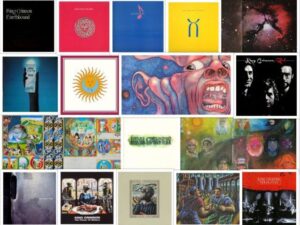
Following the sudden simultaneous departures of McDonald and Giles (with Lake leaving very shortly afterwards), the next two albums, In the Wake of Poseidon and Lizard (both 1970), were recorded during a period of instability in the band’s line-up. A settled band of Fripp, Sinfield, Mel Collins, Boz Burrell and Ian Wallace recorded Islands in 1971, though in mid-1972, Fripp let go of this line-up and changed the group’s instrumentation and approach, drawing from European free improvisation and developing ever more complex compositions. With Bill Bruford (formerly of Yes), John Wetton, David Cross, and briefly Jamie Muir, they reached what some saw as a creative peak on Larks’ Tongues in Aspic (1973), Starless and Bible Black (1974), and Red (1974). King Crimson disbanded at the end of 1974.
“I Talk to the Wind“
“I Talk to the Wind” is the second track from the British progressive rock band King Crimson’s debut album, In the Court of the Crimson King (1969).
Lyrics:
Said the straight man to the late man
Where have you been?
I’ve been here and I’ve been there
And I’ve been in between
I talk to the wind
My words are all carried away
I talk to the wind
The wind does not hear
The wind cannot hear
I’m on the outside looking inside
What do I see?
Much confusion, disillusion
All around me
I talk to the wind
My words are all carried away
I talk to the wind
The wind does not hear
The wind cannot hear
You don’t possess me
Don’t impress me
Just upset my mind
Can’t instruct me or conduct me
Just use up my time
I talk to the wind
My words are all carried away
I talk to the wind
The wind does not hear
The wind cannot hear
I talk to the wind
My words are all carried away
I talk to the wind
The wind does not hear
The wind cannot hear
Said the straight man to the late man
Where have you been?
I’ve been here and I’ve been there and
I’ve been in between
King Crimson – I Talk To The Wind
Robert Fripp–guitar Ian McDonald–reeds, woodwind, vibes, keyboards, mellotron, vocals Greg Lake–bass guitar, lead vocals Michael Giles–drums, percussion, vocals Peter Sinfield–words and illumination
Browse in the Library:
| Artist or Composer / Score name | Cover | List of Contents |
|---|---|---|
| Trinity Classical Guitar 2020-2023 INITIAL |
 |
|
| Trinity Classical Guitar Grade 05 2010-2015 |
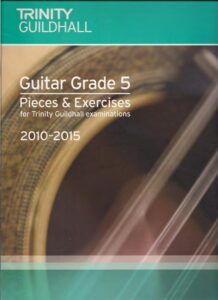 |
|
| Trinity Electronic Keyboard Grade 1 Pieces & Technical work |
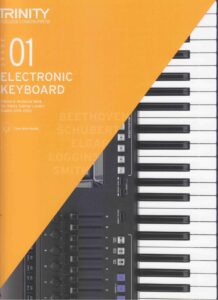 |
Trinity Electronic Keyboard Grade 1 |
| Trinity Electronic Keyboard Grade 2 Pieces & Technical work |
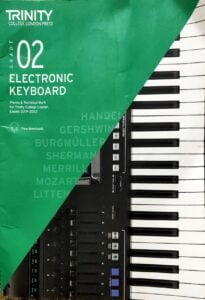 |
Trinity Electronic Keyboard Grade 2 |
| Trinity Electronic Keyboard Grade 6 Pieces & Technical work |
 |
Trinity Electronic Keyboard Grade 6 |
| Trinity Electronic Keyboard Grade 7 Pieces & Technical work |
 |
Trinity Electronic Keyboard Grade 7 |
| Trinity Electronic Keyboard Initial Grade 2019-2022 |
 |
|
| Trinity Electronic Keyboard Initial Pieces and Technical Work 2015-2018 |
 |
|
| Trinity Electronic Keyboard Sample Booklet |
 |
|
| Trinity Guitar 2016 2019 Grade 1 |
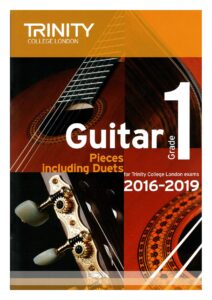 |
|
| Trinity Guitar 2016 2019 Grade 2 |
 |
|
| Trinity Guitar 2016 2019 Grade 3 |
 |
|
| Trinity Guitar 2016 2019 Grade 4 |
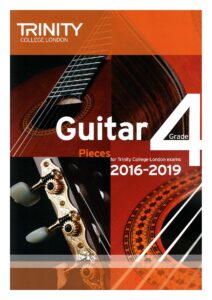 |
|
| Trinity Guitar 2016 2019 Grade 5 |
 |
|
| Trinity Guitar 2016 2019 Grade 6 |
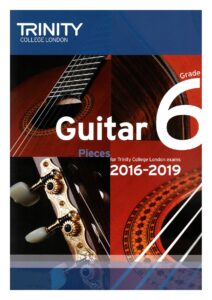 |
|
| Trinity Guitar 2016 2019 Grade 7 |
 |
|
| Trinity Guitar 2016 2019 Grade 8 |
 |
|
| Trinity Guitar 2016 2019 Initial |
 |
|
| Trinity Guitar Initial to Grade 5 Scales Arpeggios and studies |
 |
|
| Trinity Piano Grade 1 Pieces and exercises 2018 2020 |
 |
Trinity Piano Grade 1 Pieces and exercises 2018 2020 |
| Trinity Piano Grade 2 Pieces and exercises 2018 2020 |
 |
|
| Trinity Piano Grade 3 Pieces and exercises 2018 2020 |
 |
|
| Trinity Piano Grade 5 Pieces and exercises |
 |
|
| Trinity Piano Grade 6 (2021-2023) Extended Edition |
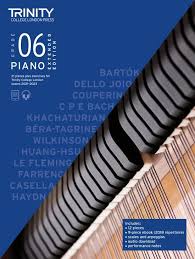 |
Trinity Piano Grade 6 (2021-2023) Extended Edition |
| Trinity Piano Grade 6 Pieces and exercises |
 |
|
| Trinity Piano Initial Piano 2018-2020 | Trinity Piano Initial Piano 2018-2020 | Trinity Piano Initial Piano 2018-2020 |
| Trinity Piano Pieces And Exercises Grade 1 2015 2017 |
 |
Trinity Piano Pieces And Exercises Grade 1 2015 2017 |
| Trinity Piano Pieces And Exercises Grade 2 2015 2017 |
 |
Trinity Piano Pieces And Exercises Grade 2 2015 2017 |
| Trinity Piano Pieces Grade 1 2021-2023 |
 |
Trinity Piano Pieces Grade 1 2021-2023 |
| Trinity Piano Pieces Grade 2 12 Piano Pieces 2021-2023 |
 |
Trinity Piano Pieces Grade 2 12 Piano Pieces 2021-2023 |
| Trinity Rock and Pop Guitar Grade 8 (Contemporary and classic songs) with Tablature |
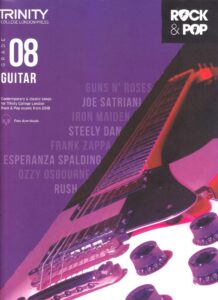 |
Trinity Rock and Pop Guitar Grade 8 (Contemporary and classic songs) |
| Trinity Sight Reading Book 1 Sound at sight Piano |
 |
|
| Trinity Theory Of Music Workbook Grade 1 |
 |
Trinity Theory Of Music Workbook Grade 1 |
| True Silent Hill-2- Akira-Yamaoka |
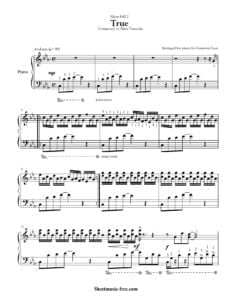 |
|
| Truman Show, The Reunion Philip Glass |
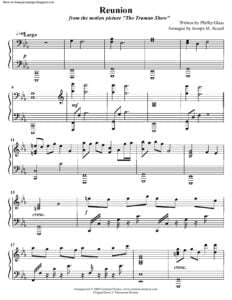 |
|
| Trumpet Method Allen Vizzutti Trumpet Method Book 1 2 3 Complete |
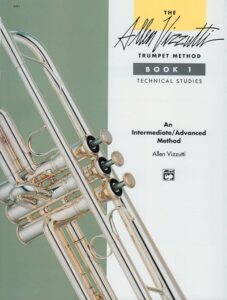 |
|
| Trumpet Method Anthony Plog Method For Trumpet Complete 7 books |
 |
|
| Trumpet Omnibook For B Flat Instruments Transcribed Exactly From Artist Recorded Solos |
 |
Trumpet Omnibook For B Flat Instruments Transcribed Exactly From Artist Recorded Solos |
| Trumpet Solos, Easy (The Canadian Brass) |
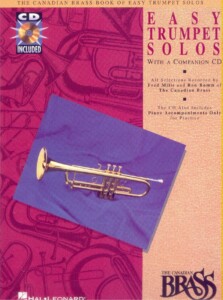 |
|
| Trumpet, The (John Wallace, Alexander McGrattan) Yale Musical Instruments Series (Book) |
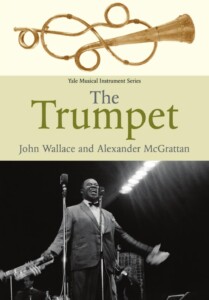 |
|
| Tsim Sha Tsui Stroll (Lust, Caution OST) Alexandre Desplat | ||
| Tu vuo’ fa’ l’Americano (Renato Carosone) | ||
| Tubular Bells (Mike Oldfield) |
 |
|
| Tubular Bells Intro – Mike Oldfield (Musescore File).mscz | ||
| Tuck Andress Europa by Carlos Santana guitar TABs |
 |
|
| Tuck Everlasting (The Musical) Music By Chris Miller Lyrics By Nathan Tysen (Piano Vocal Selections) |
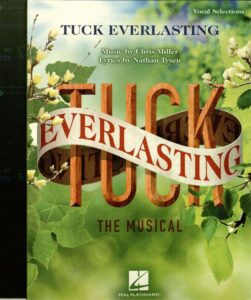 |
Tuck Everlasting (The Musical) Music By Chris Miller Lyrics By Nathan Tysen (Piano Vocal Selections) |
| Tunes For Ten Fingers A First Piano Book By Pauline Hall (Oxford) |
 |
|
| TV and Movie Themes (Piano, Vocal, Guitar) |
 |
TV and Movie Themes (Piano, Vocal, Guitar) |
| TV Detective Themes For Solo Piano |
 |
TV Detective Themes For Solo Piano |
| TV Fake Book, The |
 |
TV Fake Book, The |
| TV Songs Big Book Of TV Theme Songs 2nd Edition Piano Vocal Guitar |
 |
TV Songs Big Book Of TV Theme Songs 2nd Edition Piano Vocal Guitar Contents |
| Twelve Etudes Op 8 No 12 Scriabin (Musescore File).mscz | ||
| Twenty One Pilots – Goner |
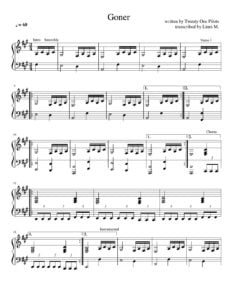 |
|
| Twenty One Pilots – Heathens – Piano |
 |
|
| Twenty One Pilots – Stressed Out Sheet Music | Twenty One Pilots – Stressed Out Sheet Music | |
| Twenty-Four Italian Songs And Arias Medium High |
 |
Twenty-Four Italian Songs And Arias, Medium High |
| Twice – Knock Knock Piano Solo |
 |
|
| Twilight – The Score – Carter Burwell |
 |
Twilight – The Score – CArter Burwell |
| Twilight saga – New Moon Music Score for Piano Solo Alexandre Desplat |
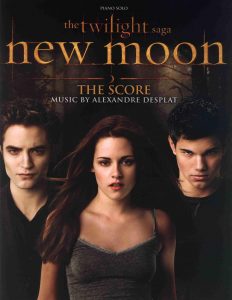 |
Twilight.New.Moon.Music.Score.for.Piano.Solo).Alexandre.Desplat |
| Twin Peaks – Audreys Dance Angelo Badalamenti | ||
| Twin Peaks – Laura Palmers Theme Angelo Badalamenti | ||
| Twin Peaks – Twin Peaks Theme Angelo Badalamenti | ||
| Twinkle Twinkle Little Star Variations Suzuki Guitar Vol. 1 (Musescore File).mscz | ||
| Two Socks theme (Dances with Wolves OST) John Barry | ||
| Two Steps From Hell Blackheart Piano Sheet Music by Thomas Bergersen |
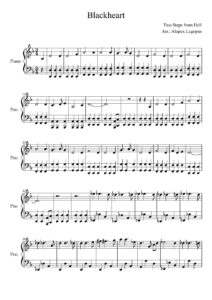 |
|
| Two Steps From Hell Flight Of The Silverbird (Piano Solo) Thomas Bergersen |
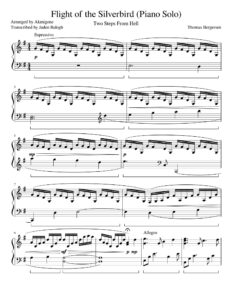 |
|
| Two Steps from Hell Invincible Sheet Music |
 |
|
| Two Steps From Hell Star Sky by Thomas Bergersen |
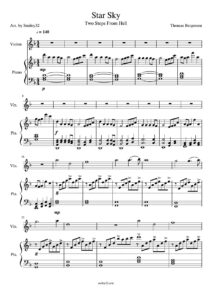 |
|
| Txarango – La Dansa Del Vestit En Fa M |
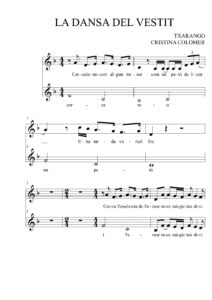 |
|
| Tymoczko, Prof. Dimitri MUSXI 105 Handouts 1 | Book Theory | |
| Tymoczko, Prof. Dimitri MUSIC 106 Handouts | Book Theory | |
| U2 The Piano Collection |
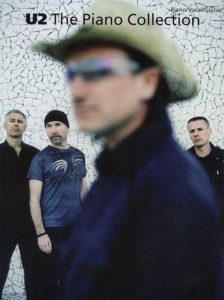 |
U2 The Piano Collection |
| U2 – All I Want Is U | ||
| U2 – Best Of – (Guitar Tab Songbook) |
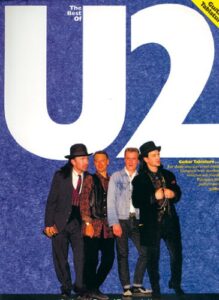 |
U2 – Best Of – (Guitar Tab Songbook) Contents — U2 – Best Of – (Guitar Tab Songbook) |
| U2 – How To Dismantle An Atomic Bomb (guitar tab songbook) |
 |
U2 – How To Dismantle An Atomic Bomb (guitar tab songbook) Contents — U2 – How To Dismantle An Atomic Bomb (guitar tab songbook) |
| U2 – October | ||
| U2 – Stuck In A Moment You Cant Get Out Of | ||
| U2 – The Best of 1990-2000 (Songbook) – U2 sheet music |
 |
U2 – The Best of 1990-2000 (Songbook) – U2 sheet music |
| U2 – The Best Of U2 (recorded versions) Guitar with TABs |
 |
U2 – Best Of – (Guitar Tab Songbook) |
| U2 – The Sweetest Thing | ||
| U2 Rock Score 5 Great Songs |
 |
|
| U2 The Joshua Tree Guitar Songbook with TABs |
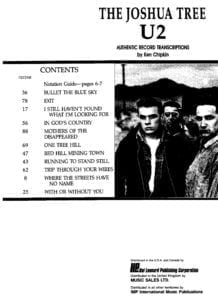 |
U2 The Joshua Tree Guitar Songbook |
| U2 WAR |
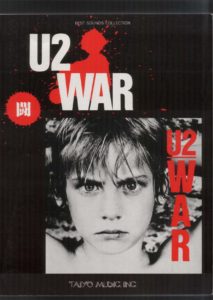 |
U2 WAR |
| UB40 The Best Of – Piano, vocal & Guitar Songbook |
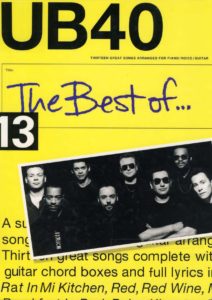 |
UB40 The Best Of – Piano, vocal & Guitar Songbook |
| Ubi Caritas – Ola Gjeilo (Musescore File).mscz | ||
| Ubi Caritas -Ola Gjeilo-with piano improvisation |
 |
|
| Ukelele Chord Finder – Easy to use Guide |
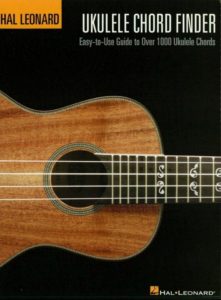 |
|
| Ukrainian folk song.mscz | ||
| Ukulele – 3-Chord Christmas Carols For Ukulele (Guitar Songbook Sheet Music) 30 Holiday Favorites With Just 3 Chords |
 |
Ukulele – 3-Chord Christmas Carols For Ukulele (Guitar Songbook Sheet Music) 30 Holiday Favorites With Just 3 Chords |
| Ukulele – Simple Songs For Ukulele (Guitar Sheet Music) |
 |
Ukulele – Simple Songs For Ukulele (Guitar Sheet Music) |
| Ukulele – The Daily Ukulele (Songbook) – Jim Beloff Guitar Sheet Music |
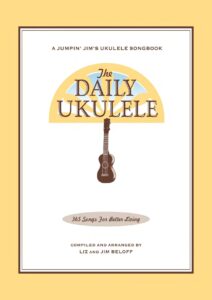 |
|
| Ukulele for Kids Songbook Ukulele Method |
 |
|
| Ultimate 80s Songs |
 |
Ultimate 80s Songs |
| Ultimate Guitar Chord-Book |
 |
|
| Ultimate Guitar Songbook with TABs |
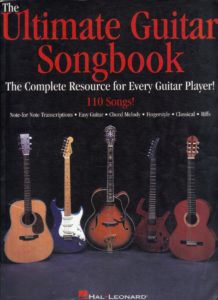 |
Ultimate Guitar Songbook, The (110 songs) |
| Ultimate Latin Piano Riffs – Carlos Campos & Andrew D.Gordon |
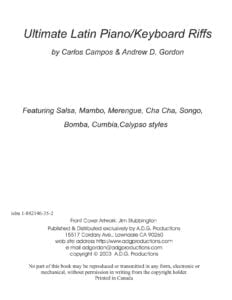 |
Ultimate Latin Piano Riffs – Carlos Campos & Andrew D.Gordon |
| Umberto Tozzi Gloria – Piano Vocal |
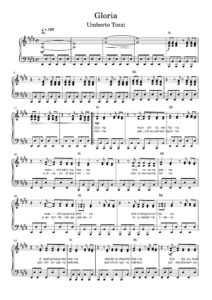 |
|
| Un air de liberté (Et maintenant on va où OST) Khaled Mouzanar | ||
| Un anno d’amore (Mina) | ||
| Un Homme et son Chien (Philippe Rombi) | ||
| Un Monstre À Paris La Seine And I By Vanessa Paradis & Sean Lennon (Piano Vocal) |
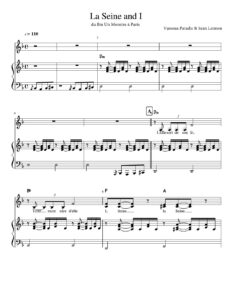 |
|
| Un Monstre à Paris – La Seine And I by Vanessa Paradis & Sean Lennon (Piano vocal).mscz | ||
| Una Mattina (Musescore File).mscz | ||
| Unchained Melody (Sheet Music) – The Righteous Brothers |
 |
|
| Under The Sea Ukulele Guitar From The Little Mermaid |
 |
|
| Under The Sea – Ukulele Guitar.mscz | ||
| Understanding chord progressions for Guitar by Arnie Berle |
 |
Understanding chord progressions for Guitar |
| Understanding The Fundamentals Of Classical Music Course Guide Modern Scholar (Book) |
 |
|
| Undertale Full OST – Toby Fox |
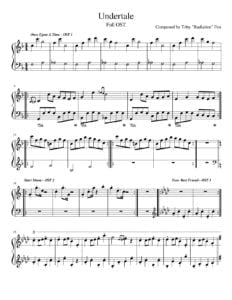 |
|
| Undertale Megalovania Piano – Toby Fox |
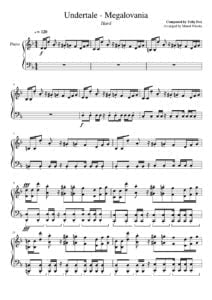 |
|
| Undertale – Home |
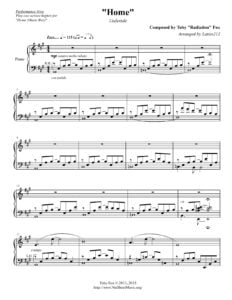 |
|
| Undertale – Megalovania | ||
| Undertale OST – Hopes and Dreams Save the World |
 |
|
| UNDERTALE OST – Hopes and Dreams Save the World Piano Solo.mscz | ||
| Undertale OST – Hopes and DreamsSave the World.mscz | ||
| Undertale Ost – Nyeh Heh Heh! Bonetrousle |
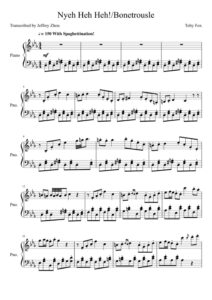 |
|
| Une Heure de Plus (Erik Berchot) | ||
| Unfaithful (Rihanna) | ||
| Unfinished Music – Richard Kramer |
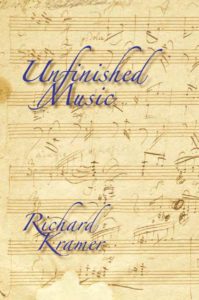 |
|
| Unforgettable – Irving Gordon (Nat King Cole Song) (Musescore File).mscz |
